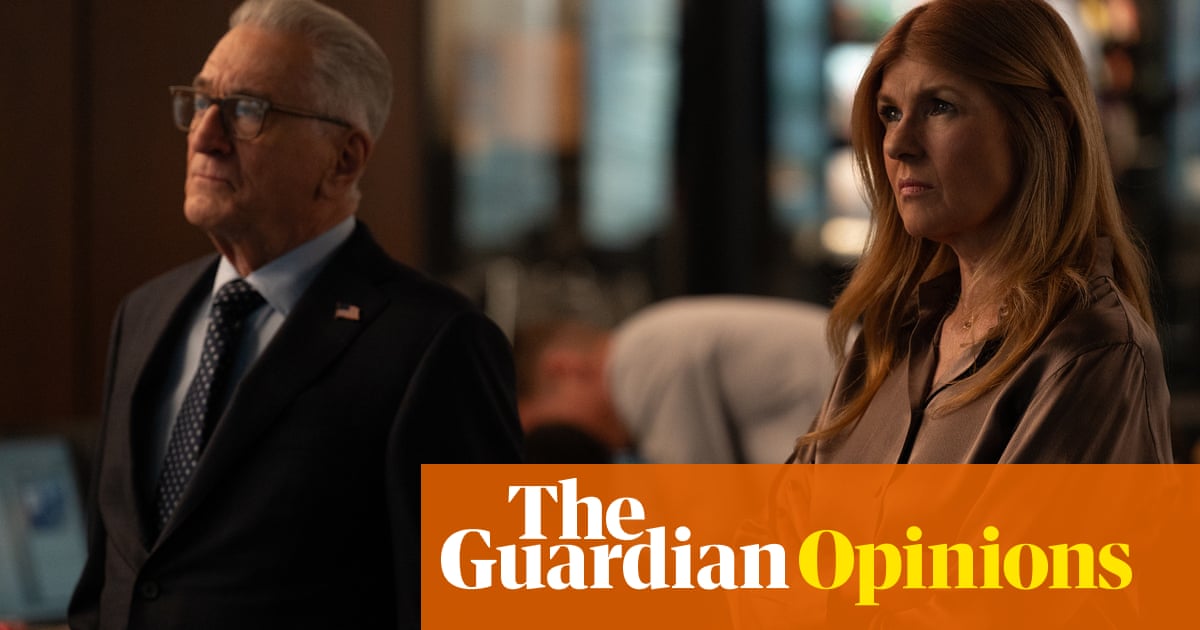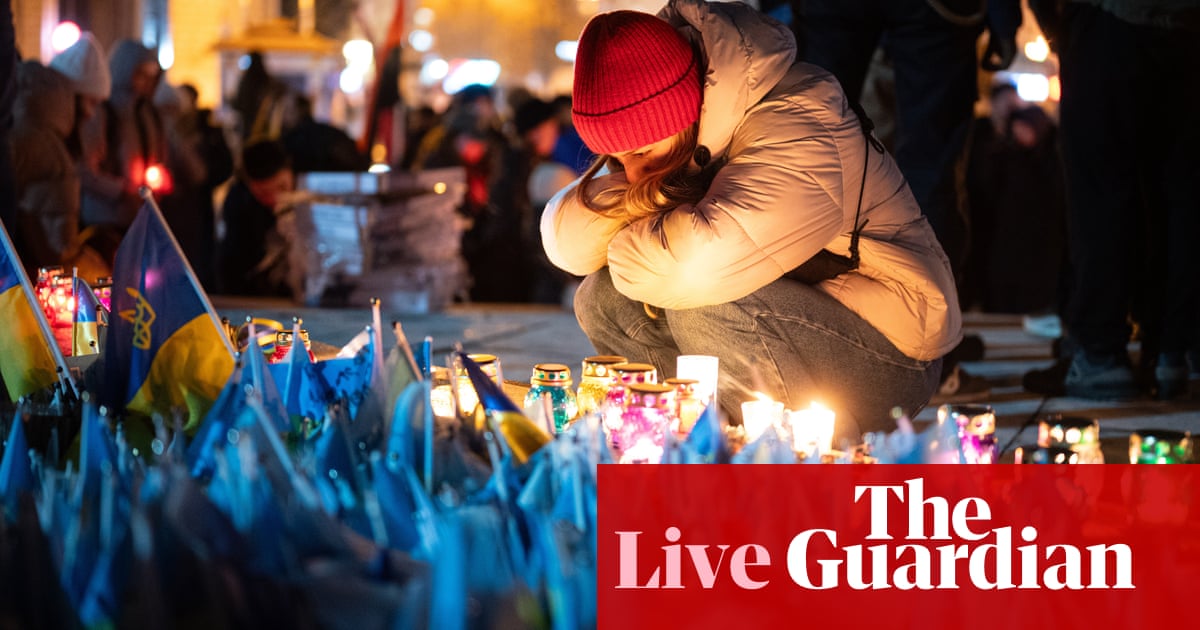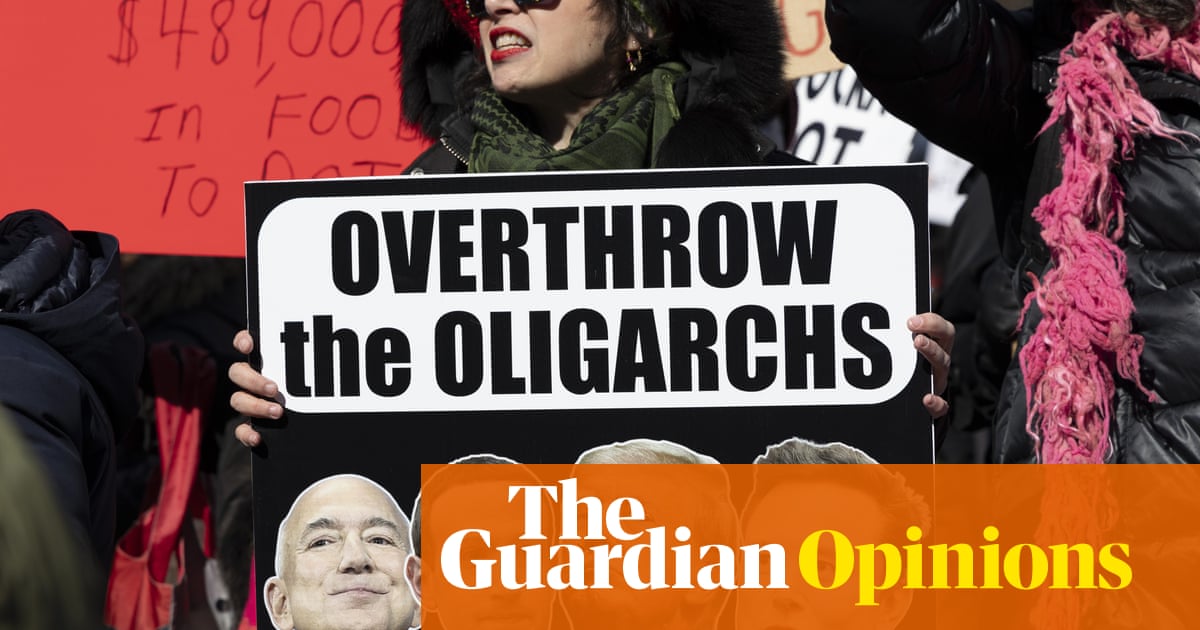Russia’s leadership is furious that one of their top commanders has been assassinated by Ukrainian spies. Yet their anger seems misplaced: the targeted killing of Lt Gen Igor Kirillov was not an unprovoked act, but a consequence of Russia’s ongoing offensive and Ukraine’s right to defend itself under international law.
The explosion that shook a quiet Moscow neighbourhood – eliminating the head of the Russian military’s chemical, biological and radiological weapons unit, known as RKhBZ – also revealed the unexpectedly formidable capabilities of Ukraine’s secret service (SBU). The general and his assistant are the most senior figures assassinated since Russia’s 2022 invasion. The pair were killed when a bomb, concealed in a parked scooter outside a Moscow residential building, was remotely detonated.
Lt Gen Kirillov must have known he was a marked man. The RKhBZ, which he commanded, are special forces who operate under conditions of radioactive, chemical and biological contamination. The day before, the SBU charged the general in absentia, accusing him of the “mass use of banned chemical weapons”. Kyiv says over 2,000 of its troops have been hospitalised because of the use of choking agents, and three have died.
One of the most common justifications for targeted killings also comes from the UN charter, article 51 of which states: “Nothing in the present charter shall impair the inherent right of individual or collective self-defence if an armed attack occurs against a member of the United Nations”. States carrying out lethal force in the context of an armed conflict must also comply with international humanitarian law. The Russian general appears to have been a valid target and Ukraine is likely to have conformed to the laws of armed conflict, which stipulate that the force must be necessary, proportionate and limited to military personnel, with no civilian casualties.
In October, Britain imposed sanctions on Lt Gen Kirillov, accusing him of overseeing the use of chemical weapons in Ukraine and serving as a “significant mouthpiece for Kremlin disinformation”. His role was not only to protect Russia but to defend its narrative, one toxic weapon matched by another.
The Kremlin accuses Ukraine of orchestrating a series of lethal operations on its soil since the launch of its full-scale invasion in February 2022. Among the most notable incidents are the 2022 car-bomb killing of Darya Dugina, daughter of the nationalist ideologue Alexander Dugin; the death of the pro-war blogger Vladlen Tatarsky in a cafe bombing in 2023; and the shooting of a Russian submarine commander last year, whom Kyiv had accused of war crimes.
Clandestine killings in wartime are a murky business. Last week, Ukraine’s intelligence service claimed that it had assassinated Mikhail Shatsky, the deputy director of a Moscow-based ballistics engineering unit known for developing cruise missiles. If true, the act underscores Kyiv’s increasingly bold efforts to disrupt Russia’s war machine at its source.
The lethal operations have their own grim calculus – one that reflects the brutal logic of war. For Ukraine, the targets are cogs in the machinery of destruction that lays waste its towns and cities. For Russia, the killings are invariably framed as terrorism – a line Moscow often deploys to deflect attention from its own conduct in this conflict. Yet there is a clear difference: while Russia remains the aggressor, Ukraine is the victim of that aggression.

 2 months ago
54
2 months ago
54













































